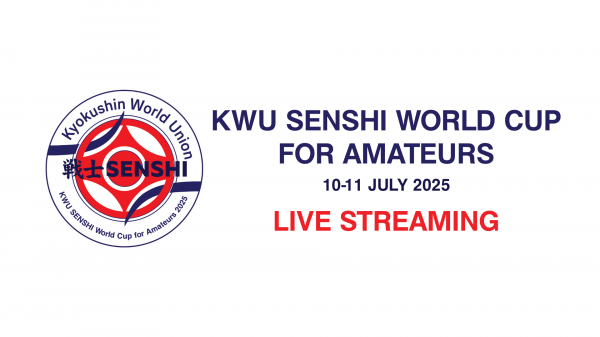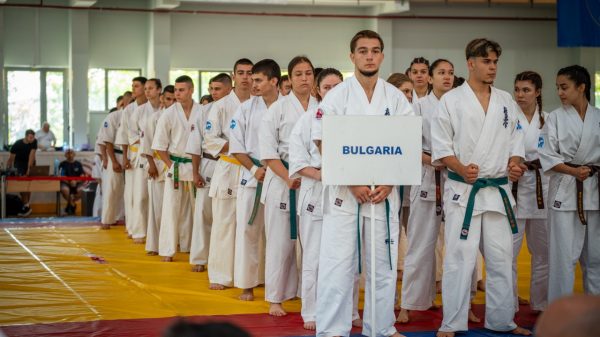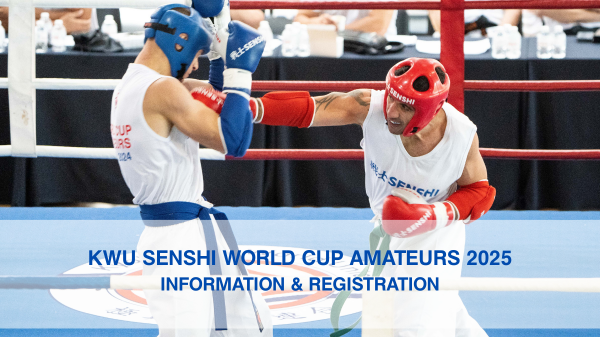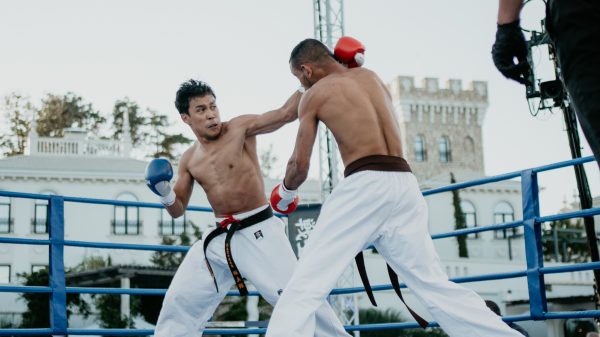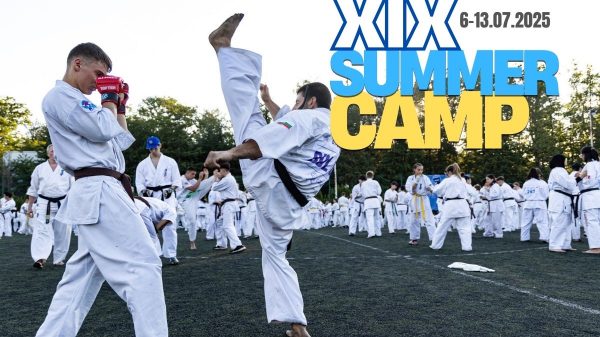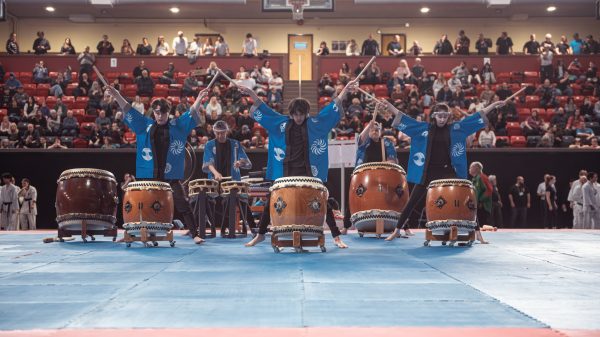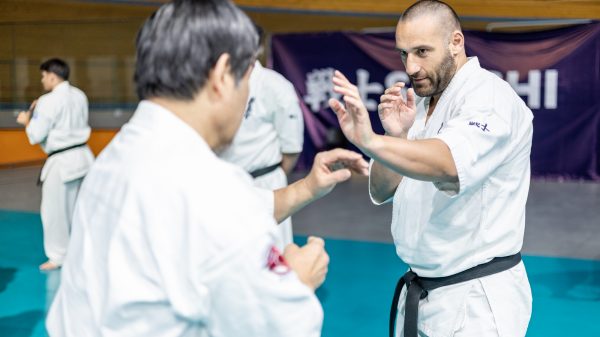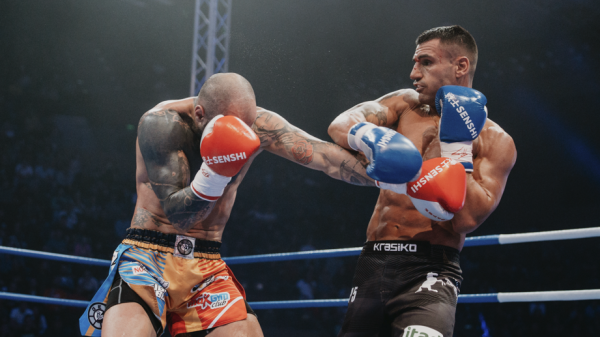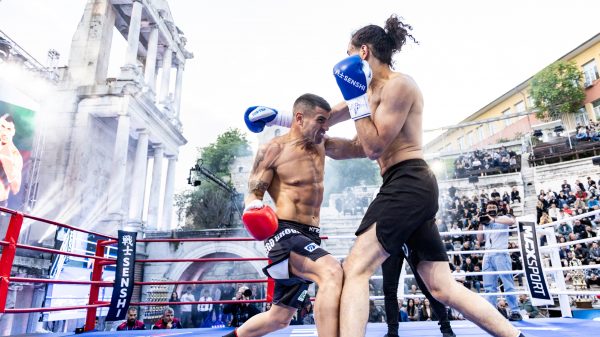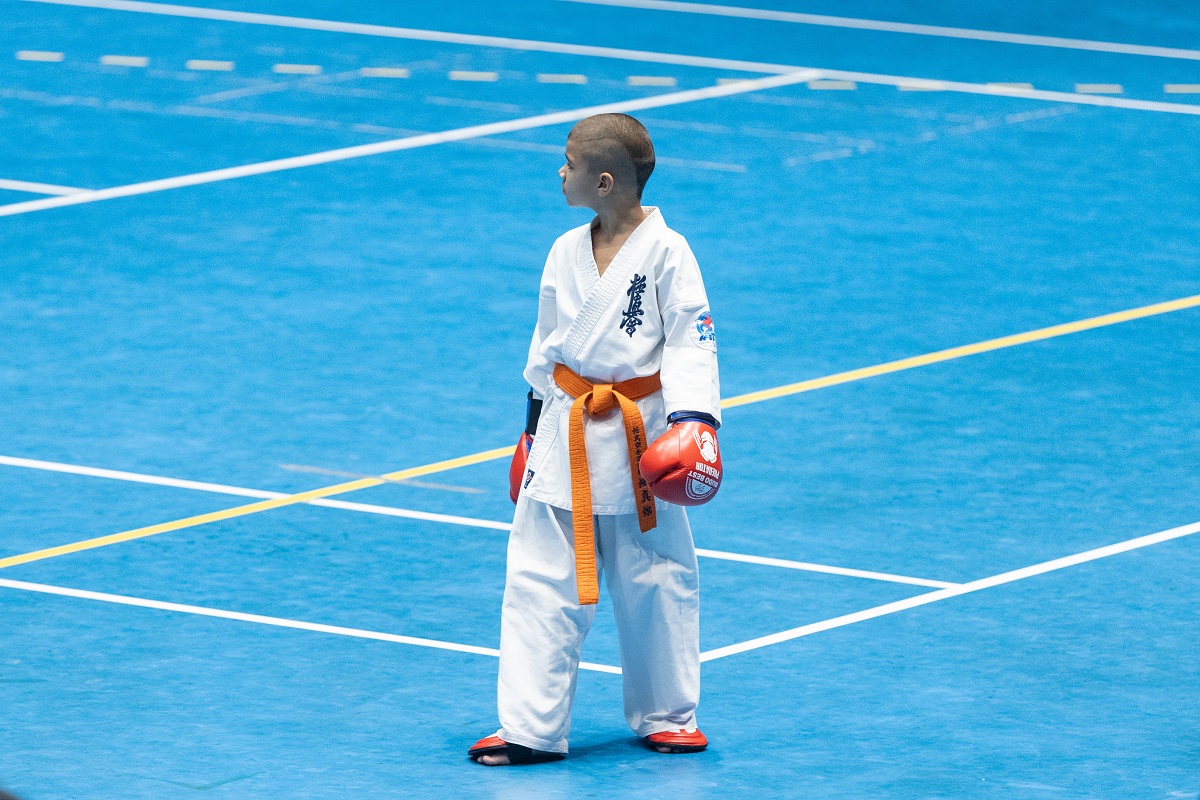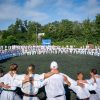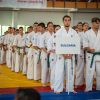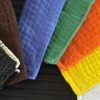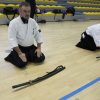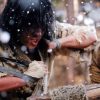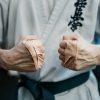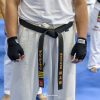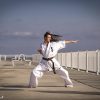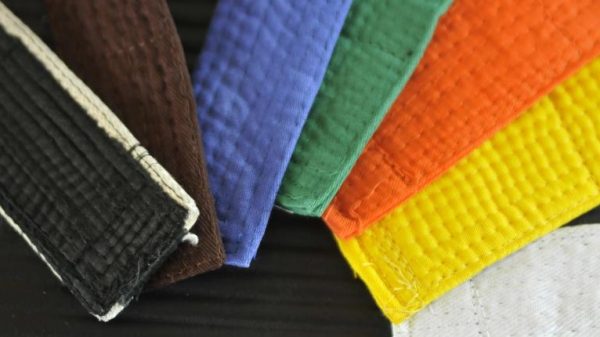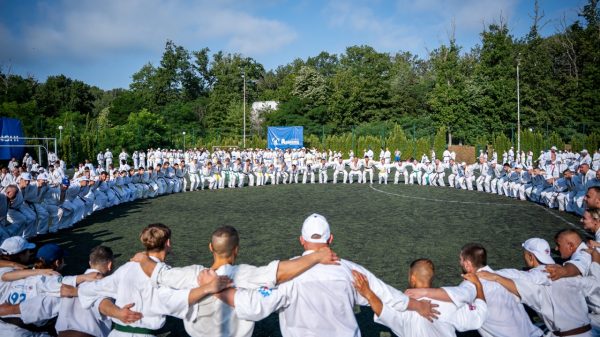As humans, we have been measuring things for eons.
From the early days of tracking the sunrise and sunset, to the rise of the industrial revolution, and now into the age of wisdom, we track how long we work, sit, meditate, and breathe. This human characteristic of tracking and measuring has given rise to intelligence quotient (IQ) tests and standards designed to assess human intelligence. In fact, you can take a test to see where you fall on this spectrum, keeping in mind that it is a measurement manufactured by the human brain.
The measurement of IQ is a 20th-century concept, but since the age of our friend Confucius, exercise and mindfulness were thought to enhance intelligence. This trend continued into the Renaissance era of the 1400s when exercise was considered to be the main ingredient for determining how smart one could be. Why? Because our ancestors understood that to engage in a practice of physical exercise requires mental focus, and mental focus adds to one’s ability to be “smart.” In this scenario, however, we were only looking at the brain in terms of showing quick-witted intelligence.
Centuries ago we already understood the true MindBody connection.
We knew that memory-enhancing exercises like katas, dance, and other practices that require mental memory as a prerequisite to physical muscle memory kept our brains sharp. In addition to improving physical reactions and reflexes, they increased our ability to focus. The concept is described in this phrase, so overused we have forgotten what it really means: “The body can only be as quick as the mind.”
At the turn of the century, from the 19th into the 20th, we began to move into an age where emotional intelligence is the new trend. This is where martial arts comes into the picture. Kuksanym, the founder of the Kuksoolwon lineage, eloquently states in his book: “In the east, it is not enough to be strong and smart because there are many forms of exercise that promote aggression. A true martial artist knows how to control one’s emotions, thoughts, and ultimately, the surroundings and circumstances. Ki breathing is a fundamental component of calming the mind: allowing your body to rest and recuperate, and your mind to organize and prepare.”
The connection between martial arts and emotional intelligence —which you can now of course measure in a test —is not a new discovery. It is an ancient body-mind practice that is evolving into new ways of moving meditation, as found in many modern-day arts, including Jungshin Fitness.
One of the main traits of emotional intelligence is the ability to act vs. react in any given situation. Daniel Goleman, emotional intelligence guru, has developed a number of ways to understand this. One model can be found by looking at Goleman’s 4-quadrant system defined by, Self-Awareness, Social Awareness, Self-Management, and Relationship Management.
For more details into Goleman’s recognition/awareness quadrant please refer to his work. For the purpose of this article, our focus is on the natural elixir of emotional intelligence found in practicing martial arts.
Let’s examine some of the emotional intelligence skills we practice and embody as martial artists:
Forms: Forms require us to move in all planes of motion (frontal, sagittal, transverse). This means that we develop spatial awareness above, below, and around. Compare this to our more modern-day exercise of sitting on a stationary bike while watching TV or texting. (I’m all for that! It’s a great way to get in a workout.). This exercise, while requiring muscle memory, does not require the type of mental acuteness required by a kata. Forms enhance complete trust in intuition, the main trait of emotional intelligence.
Breath Work: Part of being a strong martial artist is knowing how to control one’s breathing. This is especially true in the art of weapons where the inhale and exhale may not be as steady as the art of doing forms. This ancient practice of breathwork enhances our ability to self-regulate, another vital trait in enhancing one’s emotional intelligence. Self-regulation aids in our ability to pause, reflect, and decide—before acting.
Combat: In the art of combat one must be able to manage her own core, relationship to gravity, and emotions, as well as engage another person’s physical and emotional boundaries. This ability requires acute emotional intelligence. In Jungshin we call this the “me-not-me” approach. The best fighters are those who can stay in their circle and know how to manage their edge so that no one can pass into it. Beyond just the competition, the athlete/martial artist/practitioner must know how to handle their emotions first, and then they can successfully engage with their surroundings.
Great business leaders demonstrate emotional intelligence by applying the five pillars of emotional intelligence: self-awareness, self-regulation, empathy, motivation, and social skills. Ability to manage one’s emotions and stress.
There is a Chinese word, Wuwei, that means, “doing-not-doing.” Humans have known this way of the Dao for centuries. Now, in the 21st century, we are being called upon to step up this practice. Or, as Wayne Dyer says, we need to “Do the dao now.”
By teaching martial arts, we are providing our students with a way to enhance their emotional intelligence. Think about how you learned martial arts. Your body had to feel the forms. It was not enough to understand angles and memorize numbers. The body and mind had to work in unison. The emotional intelligence you acquired from your martial arts practice informs the graceful, kind, and powerful person you are today.




